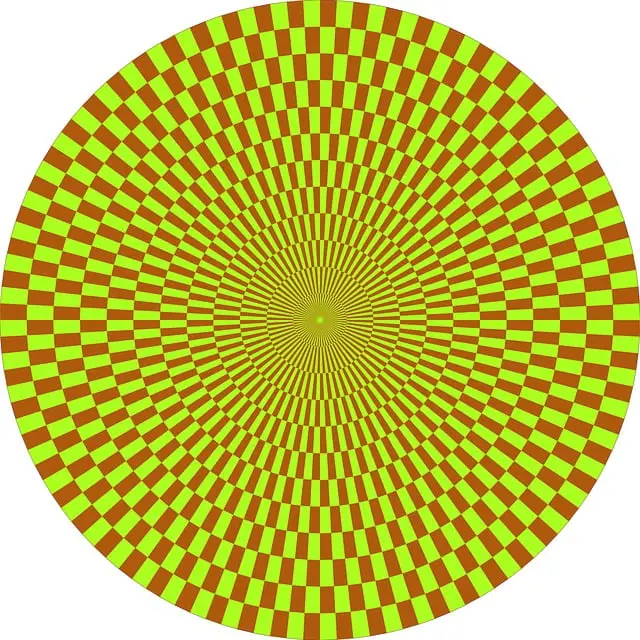Depression and substance use disorders often go hand in hand, with many individuals using drugs or alcohol to self-medicate. Kratom, a plant-derived compound known for its mood-elevating properties, has emerged as a potential treatment for both depression and opioid use disorders due to its interaction with opioid receptors. While showing promise, particularly in managing withdrawal symptoms, further research is needed to fully understand its safety and efficacy when combined with other therapeutic interventions for underlying depression. For effective long-term recovery, integrated treatment models addressing both conditions simultaneously through therapy, medication, and support groups are recommended.
Depression and substance use disorders often go hand in hand, with depression driving some individuals to turn to substances as a coping mechanism. This article explores kratom, a natural herb gaining attention for its potential antidepressant properties, as an alternative treatment option. We delve into the science behind kratom, its successful application through case studies, and how it can complement traditional therapies like cognitive-behavioral therapy. Understanding these integrated approaches to depression treatment with kratom can offer new hope for those seeking relief from this challenging condition.
- Understanding Depression and Its Relationship with Substance Use Disorders
- – Exploring the correlation between depression and substance abuse
- – How depression can lead to or accompany substance use disorders
Understanding Depression and Its Relationship with Substance Use Disorders
Depression is a common comorbidity among individuals with substance use disorders. Often, people turn to substances as a means of self-medication to cope with symptoms of depression, creating a vicious cycle that exacerbates both conditions. Understanding this relationship is crucial in effective treatment approaches.
Kratom, for instance, has gained attention as a potential aid in depression treatment. While it may offer some relief for mild to moderate symptoms, it’s not a substitute for professional help. Integrated treatment models that address both depression and substance use disorders simultaneously, often through therapy, medication, and support groups, prove more effective in managing these complex conditions. Such approaches aim to tackle the root causes and underlying factors contributing to both issues, promoting long-term recovery and improved overall well-being.
– Exploring the correlation between depression and substance abuse
The correlation between depression and substance abuse is a well-documented phenomenon. Depression treatment with kratom has gained attention as a potential approach to addressing this complex issue. Studies show that individuals suffering from depression are at a higher risk of developing substance use disorders, often using drugs or alcohol as a means to self-medicate their symptoms. This can lead to a vicious cycle where substance abuse exacerbates depressive episodes, which in turn reinforces the reliance on these substances.
Kratom, derived from the Mitragyna speciosa plant, has emerged as an alternative treatment option for both depression and opioid use disorders. Its ability to interact with opioid receptors in the brain offers potential benefits in managing withdrawal symptoms and reducing cravings, making it a promising candidate for integrated treatment approaches. However, further research is needed to fully understand its efficacy and safety, particularly when used in conjunction with other therapeutic interventions aimed at addressing the underlying depression.
– How depression can lead to or accompany substance use disorders
Depression and substance use disorders often have a complex relationship. Depression can both lead to and accompany substance abuse as individuals may turn to drugs or alcohol as a way to cope with their symptoms. When someone is experiencing depression, they might seek immediate relief from the pain and despair they feel, and substances can provide a temporary escape or numbing effect. However, this can quickly escalate into a substance use disorder if the individual continues to rely on these substances for emotional regulation.
Depression treatment with kratom, a natural herb known for its potential mood-elevating properties, is gaining attention as an alternative approach. While kratom has shown promise in alleviating symptoms of depression and anxiety, it’s important to note that it should be used under professional supervision. Integrating kratom into a comprehensive treatment plan that includes therapy, medication, and support groups can help individuals manage their depression and reduce the risk of developing substance use disorders or relapsing into existing ones.
Depression treatment with kratom can be a complex journey, but understanding the connection between depression and substance use disorders is a crucial first step. Recognizing the cyclical nature of these conditions empowers individuals to seek effective help. While kratom may offer some relief for symptoms of depression, it’s essential to explore comprehensive treatment plans that include therapy, support groups, and other evidence-based practices. With the right approach, recovery from both depression and substance use disorders is achievable, leading to a brighter and healthier future.






